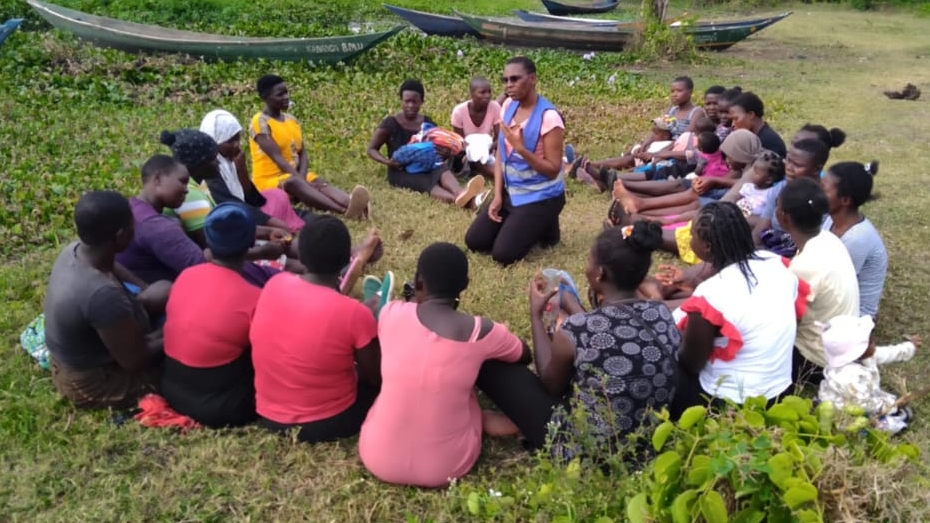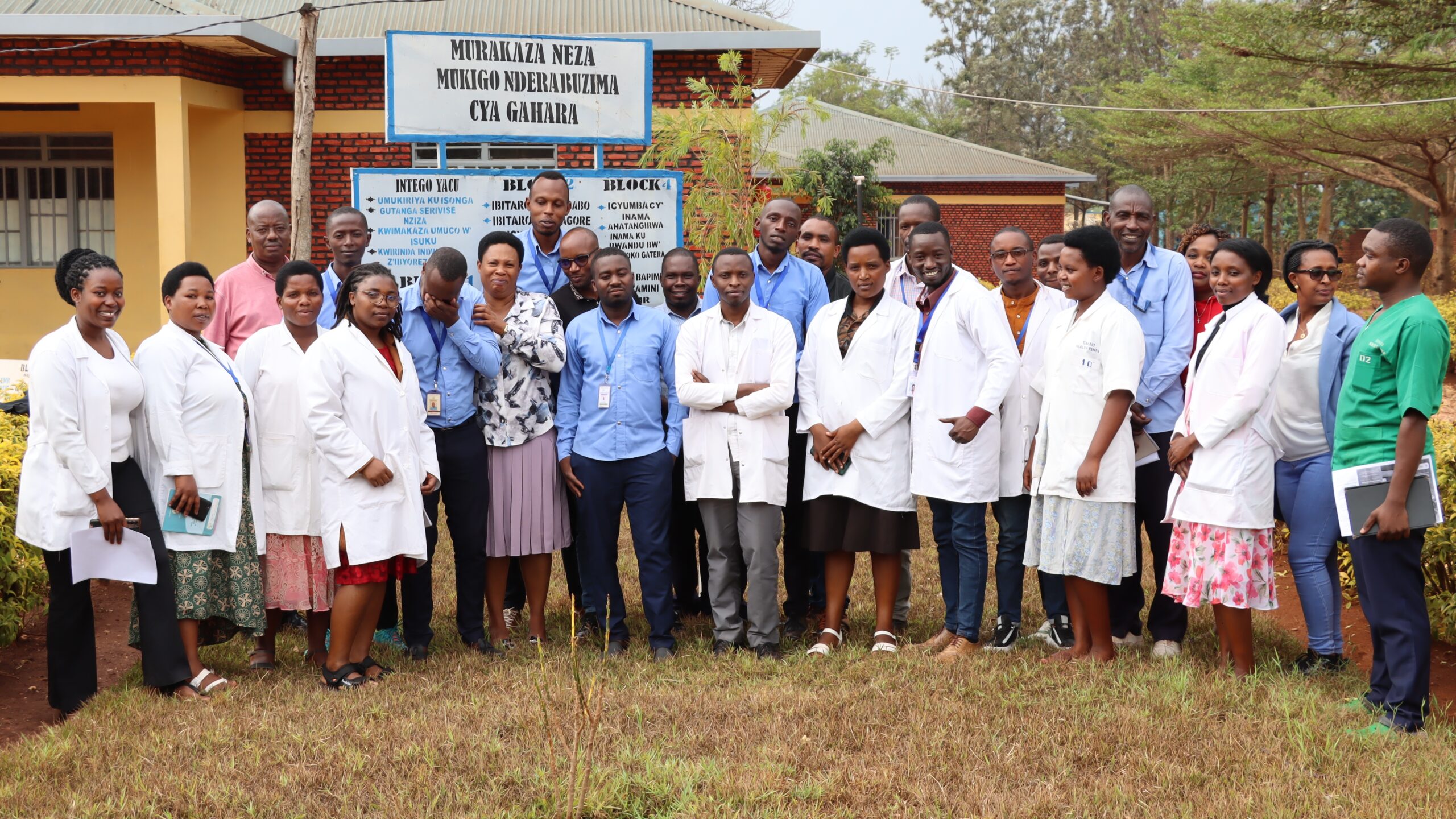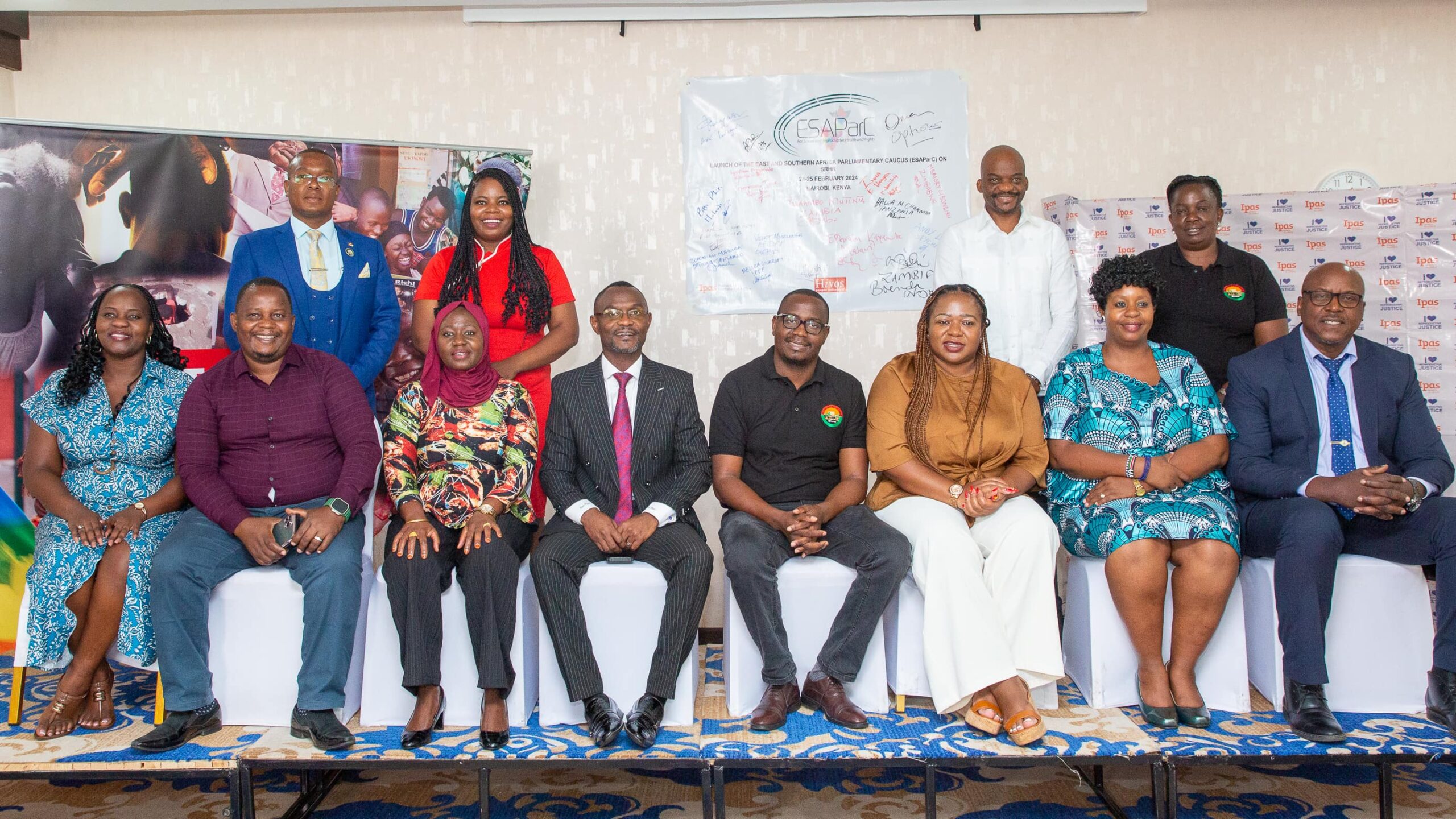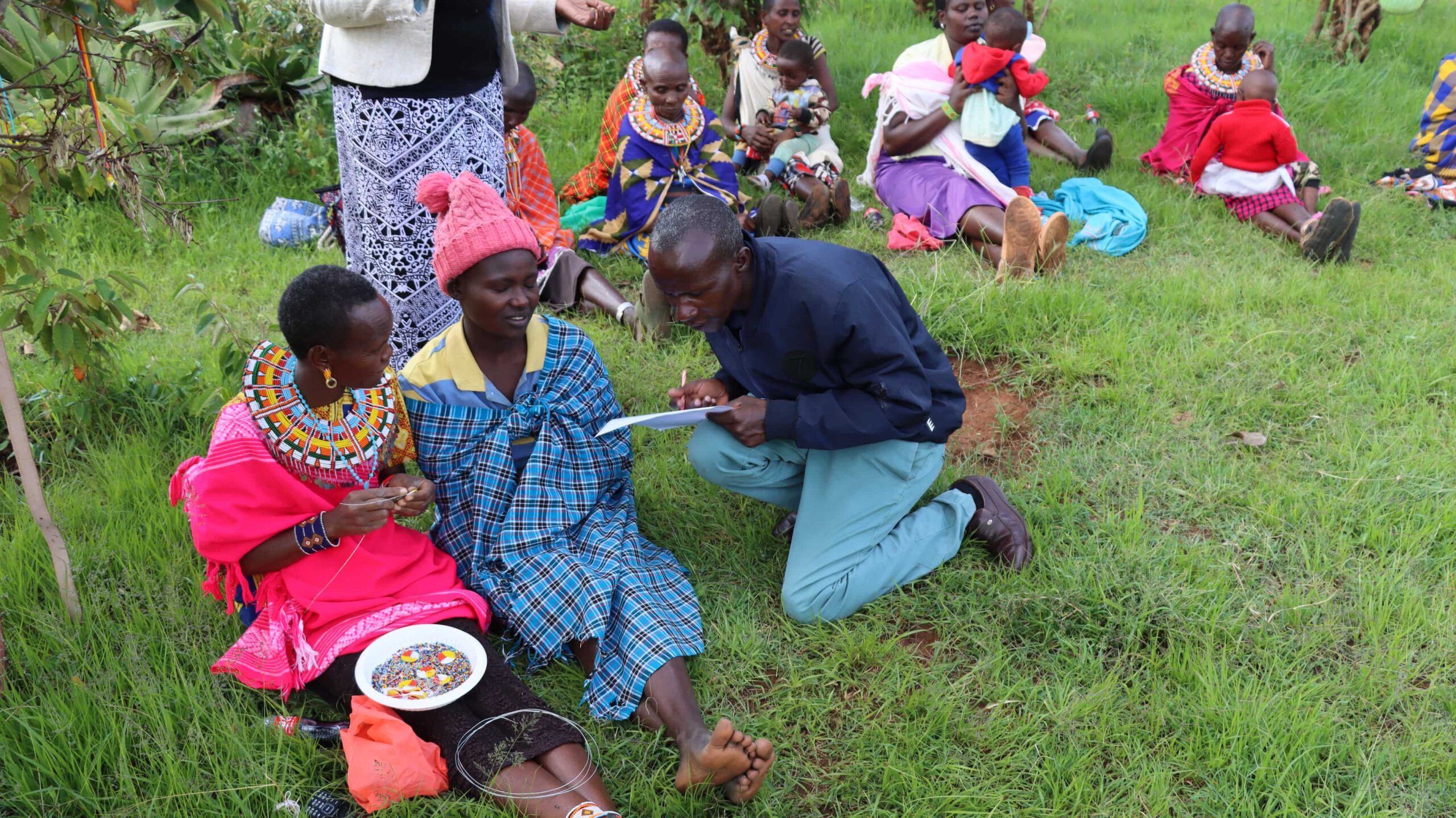Maternal Health Fact sheet
According to the SDG (Sustainable Development Goals) progress report 2021, Uganda is making Progress in attaining SDG 3 with the significant target of reducing maternal mortality incidences to 70 per 100,000 live births by 2030. The MMR (Maternal mortality rate) remarkably reduced from 336 death per 100,000 live birth (UDHS 2016) to 189 deaths per 100,000 live birth (UDHS 2022), representing 44% overall decrease in the incidences of maternal mortality. This reduction is attributed to the implementation of the high impact safe motherhood interventions including EmOC (emergency obstetric care).
Whereas a reduction in the incidences of maternal mortality, Uganda still lags the 2030 target with haemorrhage still the leading cause of maternal mortality at 61%, followed by hypertensive disorders accounting for 21% and unsafe abortions accounting for 8% of all the causes of maternal mortality (UDHS 2022). This still requires high investments by both the government and development partners in Sexual and Reproductive health to avert the still high maternal mortality.
Ipas Uganda through the Actuate project is collaborating with MOH (Ministry of Health) to reduce preventable maternal mortalities and morbidities due to unsafe abortion and promote safe motherhood through capacity building of health workers in the provision of safe abortion services, Post Abortion care services, supply of SRH (Sexual and Reproductive Health) commodities aimed at supplementing the government of Uganda efforts in making essential services accessible. Infrastructural improvements in 36 health facilities in our 12 districts of interventions aimed at enhancing the quality of care for women and girls.
Ipas Uganda programs support community-based organizations to create aggregate demand for SRH services. Additionally, Ipas is a solid member of the SRHR movement in Uganda and the Coalition to Stop Maternal Mortalities Due to Unsafe abortions (CSMMUA) and coordinates a community of practice (COP) of provider advocates who not only utilize their powerful lived realities and experiences to advocate for an enabling SRHR environment but also provide friendly and responsive services to people in Uganda without discrimination. Ipas also works with government line ministries and Agencies in Uganda both at the national and subnational levels to enhance a favorable legal and policy environment for the provision SRHR services and building resilient and sustainable health systems. In these collaborations, we leverage each other’s resources and expertise to advance our shared vision.








